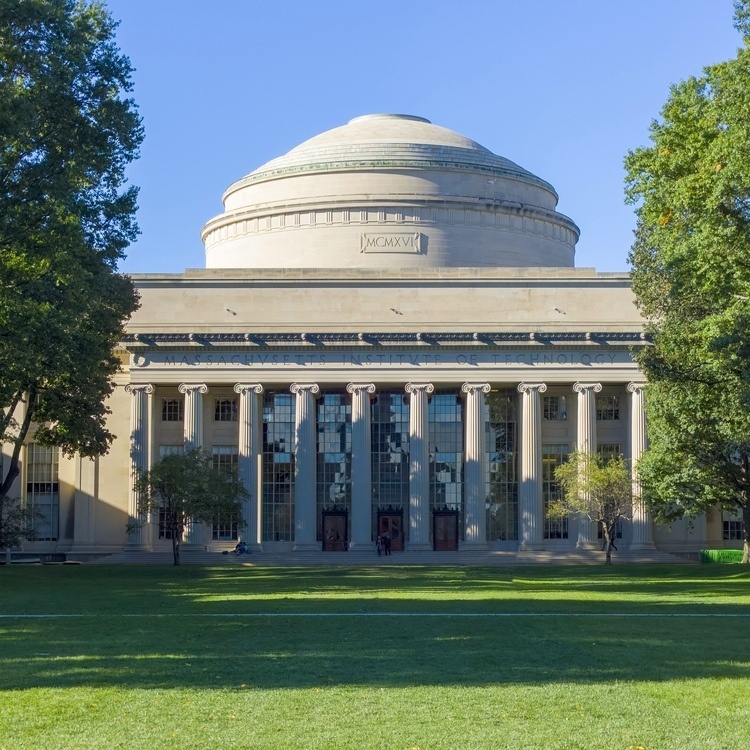
Andrew Bahle Thesis Defense: A neural clock underlying the temporal dynamics of an auditory memory
Description
Speaker: Andrew Bahle
Advisor: Michale Fee
Date/time: April 25th at 9am
In-person Location: McGovern Seminar Room 46-3189
Join via Zoom: https://mit.zoom.us/j/98899312959
Title: A neural clock underlying the temporal dynamics of an auditory memory
Abstract: Imitation is an essential hallmark of intelligent systems. Children imitate the speech, body language and expressions of adults, eventually graduating to creative expressions of their own individual thoughts and ideas. In machine intelligence and A.I., large language models have recently demonstrated a striking ability to convincingly imitate written forms of human language, from observation of massive corpora of text. A fundamental question is how these varied intelligent systems achieve such robust imitation. In animals, imitation is accomplished by complex neural circuits in the brain. To perform imitation, animals must first represent the sensory consequences of the action to be imitated and store this representation as a memory. Next, they must recall this sensory memory, evaluating their imitation attempts until a satisfactory match is achieved. In this thesis I study the neural control of vocal imitation in the songbird Taengiopia guttata, focusing on the first stage of imitation when animals must form a temporally structured sensory memory, or template, of the action to be imitated. In the first chapter, I present work attempting to localize the brain regions involved in the formation of the sensory memory used in imitation. We provide evidence that HVC, a pre-motor region that controls the timing of adult song, is involved in storing the timing of the tutor memory. This works shows how focal cooling can be used to study the formation of temporally structured memories even in the absence of overt behavior. In chapter 2, we ask what neural dynamics support the observed effect of cooling on the imitation. Using freely moving calcium imaging and head-fixed high-throughput electrophysiology, we show that tutoring evokes sparse sequential activity in HVC, reminiscent of its activity during adult production of the vocal imitation. This activity was present as early as the very first day of tutoring, perhaps indicating that HVC connectivity is innately predisposed to produce sparse sequential representations of song. In the final chapter, we explore changes in the representation of the tutor song before and after tutoring. We observe the emergence of tutor selective neural responses in HVC after tutoring and quantify this selectivity at the population level and in different cell-types. We further show that this tutor song selectivity is stronger in HVC than any of its auditory inputs, suggesting that tutor song selectivity results from the storage of a tutor memory in HVC itself. Together this work shows how HVC neural dynamics can act as a clock for the storage and recall of an auditory memory and gives insight into how memories containing temporal structure might be stored more broadly.

